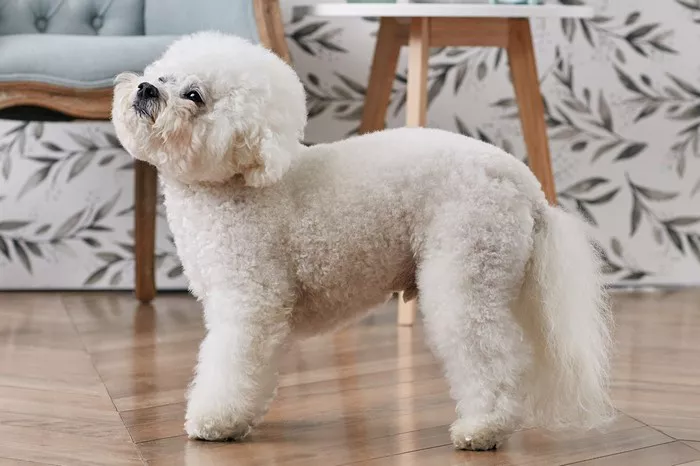Bichon Shih Tzu is a popular designer breed that is a cross between a Bichon Frise and a Shih Tzu. These adorable little dogs are known for their friendly and affectionate nature, making them a popular choice for families and individuals alike. However, before bringing home a Bichon Shih Tzu, it is essential to understand their life expectancy. In this article, we will take a closer look at the factors that influence the life expectancy of a Bichon Shih Tzu, and what you can do to help them live a long and healthy life.
Factors that Influence the Life Expectancy of a Bichon Shih Tzu
Genetics
One of the most significant factors that influence the life expectancy of a Bichon Shih Tzu is genetics. As with all living beings, genetics play a crucial role in determining a dog‘s lifespan. While Bichon Shih Tzus are generally healthy dogs, they are prone to certain genetic health issues that can affect their life expectancy. These health issues include allergies, hip dysplasia, dental problems, and eye problems. It is essential to choose a reputable breeder who screens their breeding stock for these health issues to ensure that your Bichon Shih Tzu has the best chance of a long and healthy life.
Diet
Another crucial factor that can affect the life expectancy of a Bichon Shih Tzu is their diet. A healthy and balanced diet is essential for all dogs, but it is particularly important for small breeds like Bichon Shih Tzus. These dogs have small stomachs, so it is important to feed them a nutrient-dense diet that provides them with all the essential nutrients they need. Avoid feeding your Bichon Shih Tzu table scraps or low-quality dog food, as these can lead to obesity, which can shorten their lifespan.
Exercise
Regular exercise is essential for all dogs, including Bichon Shih Tzus. These dogs are small and energetic, so they need plenty of opportunities to run, play, and burn off excess energy. Regular exercise can help prevent obesity, which is a significant risk factor for many health issues that can shorten a dog’s lifespan. Aim to provide your Bichon Shih Tzu with at least 30 minutes of exercise each day, such as a brisk walk or a game of fetch.
Grooming
Bichon Shih Tzus have a long, fluffy coat that requires regular grooming to keep it healthy and free from mats and tangles. Neglecting grooming can lead to skin infections and other health issues that can affect their life expectancy. Aim to brush your Bichon Shih Tzu’s coat at least once a day to keep it free from mats and tangles, and take them to a professional groomer every six to eight weeks for a trim.
Dental Care
Dental problems are a common issue in small dog breeds like Bichon Shih Tzus. Neglecting dental care can lead to periodontal disease, which can cause pain, tooth loss, and other health issues that can shorten a dog’s lifespan. To keep your Bichon Shih Tzu’s teeth healthy, brush them at least twice a week with a dog-specific toothbrush and toothpaste. You can also provide them with dental chews and toys to help keep their teeth clean.
Regular Vet Visits
Regular visits to the vet are essential for maintaining your Bichon Shih Tzu’s health and detecting any health issues early on. Aim to take your dog to the vet at least once a year for a check-up and vaccinations. Your vet can also provide you with advice on how to keep your Bichon Shih Tzu healthy and help you detect any health issues before they become serious.
Conclusion
In conclusion, the life expectancy of a Bichon Shih Tzu is influenced by a variety of factors, including genetics, diet, exercise, grooming, dental care, and regular vet visits. By taking good care of your Bichon Shih Tzu and addressing any health issues promptly, you can help them live a long and healthy life. If you are considering bringing home a Bichon Shih Tzu, be sure to choose a reputable breeder who screens their breeding stock for genetic health issues and provides their puppies with a healthy start in life. With proper care and attention, your Bichon Shih Tzu can be a loyal and loving companion for many years to come.


